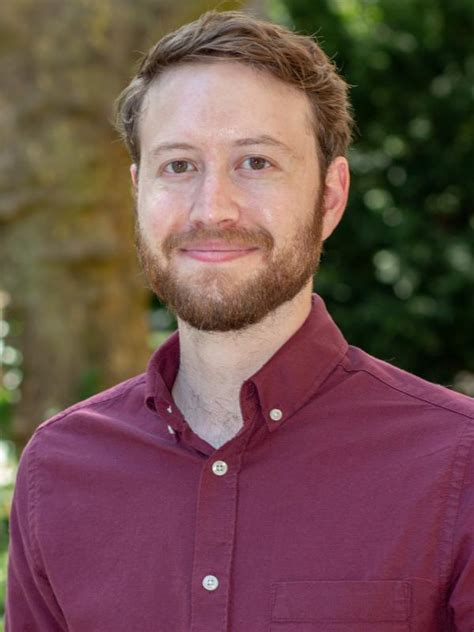A Quote by Soren Kierkegaard
Related Quotes
Surveillant anxiety is always a conjoined twin: The anxiety of those surveilled is deeply connected to the anxiety of the surveillers. But the anxiety of the surveillers is generally hard to see; it's hidden in classified documents and delivered in highly coded languages in front of Senate committees.
Fate rules. You follow the steps and you plan and you work. Then fate slips in laughing and makes fools of us. Sometimes we can trick it or out guess it but most often its already written. For some its written in blood. That doesn't mean we stop, but it does mean we can't comfort ourselves with blame. It's easier to take the blame than to admit there was nothing you could do to stop whatever happened.
Fate is a misplaced retreat. Many people rationalize an unexplained event as fate and shrug their shoulders when it occurs. But that is not what fate is. The world operates as a series of circles that are invisible, for they extend to the upper air. Fate is where these circles cut to earth. Since we cannot see them, do not know their content, and have no sense of their width, it is impossible to predict when these cuts will slice into our reality. When this happens, we call it fate. Fate is not a chance event but one that is inevitable, we are simply blind to its nature and time.









































